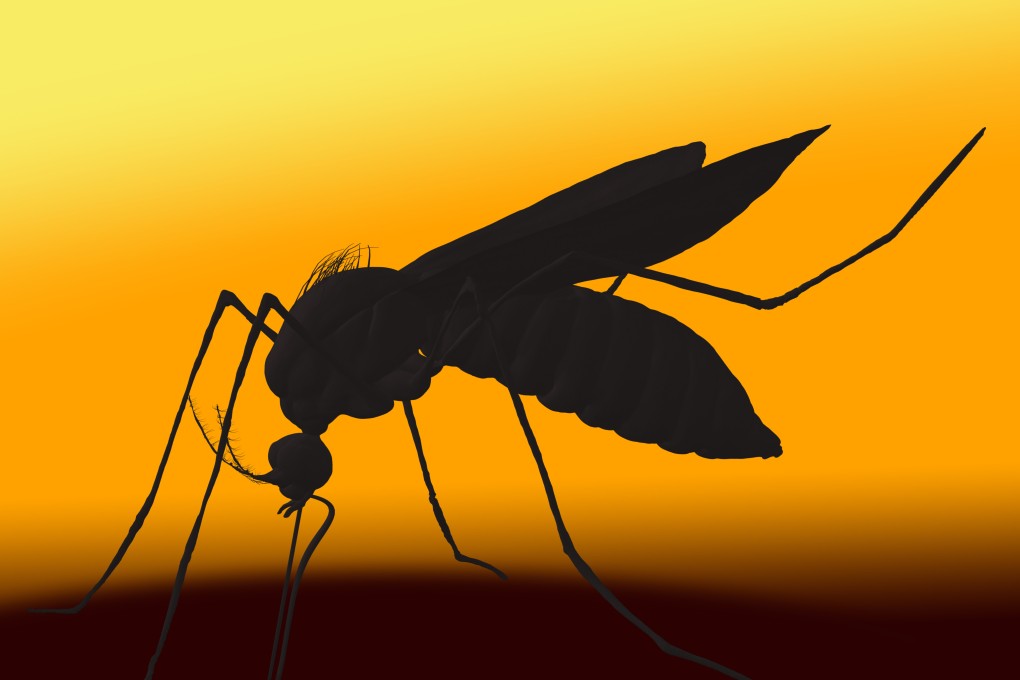Lots of buzz, no bite – authorities slap down proposal to rid China of mosquitoes
- Proposal to China’s top legislative body to eradicate the pests is technically impossible, authorities say
- Online reaction to idea is mixed, with some commenters questioning NPC priorities

In 2008, China listed the study and monitoring of pathogens among key research priorities for the country. Breakthroughs have been made in sampling, testing and related technologies. However, in general, “research on innovative mosquito control techniques remains relatively weak”, read a statement on the commission’s website.
Globally, there are about 3,500 species of mosquitoes. Scientists say mosquitoes are among the most common carriers of disease and can harbour a wide variety of viruses. Mosquito-borne viruses have caused many serious public health problems throughout the world, such as Japanese encephalitis, dengue fever, malaria and Zika virus.
Reaction to the idea on social media was mixed. An online survey run by the Phoenix Weekly web forum attracted more than 40,000 votes in five hours.